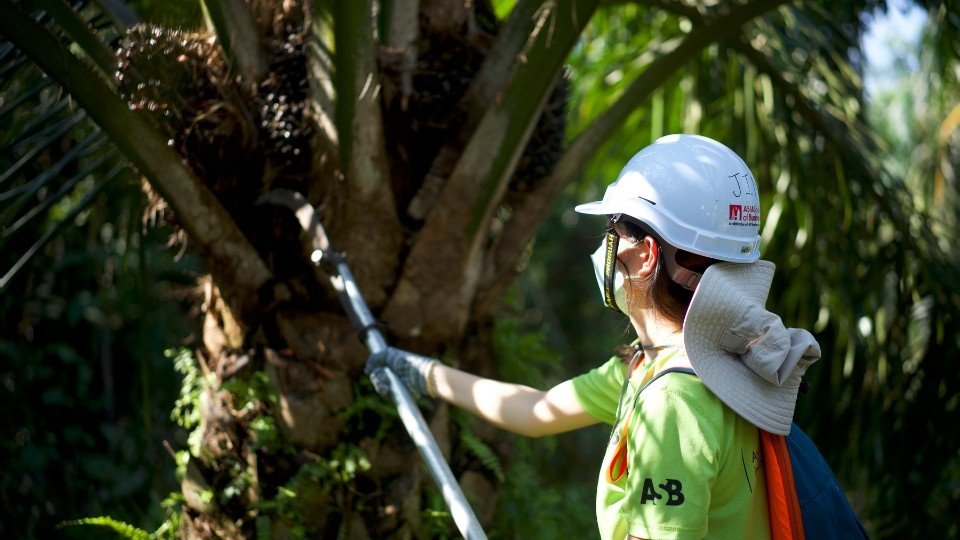The P&G Center of Sustainable Small-owners (CSS), has released its Impact Report 2025, marking five years of sustained progress in empowering Malaysia’s independent smallholders and promoting sustainable palm oil practices.
Based in Kuala Lumpur, the CCS is at the Asia School of Business, established in collaboration with MIT Sloan, which aims to elevate smallholder livelihoods while driving sustainable palm oil production through Good Agricultural Practices (GAP), certification, and innovation.
Globally, smallholders produce over 40% of the world’s palm oil, yet remain underrepresented in formal supply chains due to barriers in certification and access to knowledge.
In Malaysia, where independent smallholders account for 17% of producers, their inclusion is critical to national sustainability, economic resilience, and global ESG objectives.
Structured around five key pillars—Community Empowerment, Livelihood Improvement, Environmental Sustainability, Sourcing Responsibly, and Thought Leadership—the CSS programme has achieved significant outcomes. To date, 892 smallholders have attained RSPO certification.
Many have seen yield increases of up to 25% within three years, and as much as 35% within four. A total of 407 certified farmers have collectively earned USD68,175 in sustainability-linked premiums between 2021 and 2024.
On the community front, the CSS-backed formation of PERTANIAGA, a farmer-led association in Johor, has empowered 892 members, with women occupying 38% of leadership roles.
In terms of environmental impact, over 1,100 farms have adopted Good Agricultural Practices aligned with RSPO and NDPE guidelines, particularly in waste and chemical management.
The programme has also made strides in digital traceability. More than 1,100 certified farms have been verified, laying the groundwork for compliance with global regulations such as the EU Deforestation Regulation (EUDR). CSS is currently developing a mobile application to track sustainability efforts at the plantation level, in collaboration with local collection centres.
In addition to practical outcomes, CSS contributes to the global palm oil discourse through research, publications, and training. Over 3,145 farmers have been trained in Good Agricultural Practices. Two practical guides have also been published to support wider adoption of sustainable methods.
Francis Wiederkehr, Sustainability Program Director at P&G Chemicals, highlighted the human stories behind the impact: “From Encik Rosli, a marathon-running farmer beating yield averages, to Puan Hamisah, a retired civil servant advocating for women in agriculture—these stories reflect real transformation.”
Temasek Foundation’s Head of Climate & Liveability, Heng Li Lang, noted, “This report demonstrates how consistent support uplifts livelihoods while reducing the environmental footprint of palm oil.”
Asia School of Business President Professor Joe Cherian underscored the importance of academic-industry partnerships in enabling real change. CSS Director Professor Asad Ata added, “We celebrate certificates, but more importantly, the change they unlock in families, communities, and ecosystems.”
Malaysia, the world’s second-largest palm oil producer, has over 275,000 independent smallholders. The CSS model aims to scale its impact nationwide, creating a more inclusive, sustainable future for the palm oil industry.
Read the full report: HERE.
Originally published by Energy Asia.





